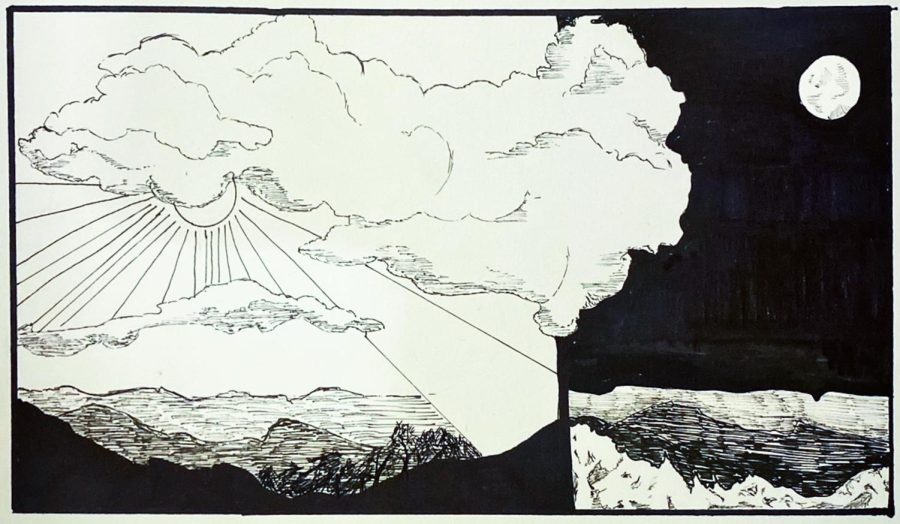Daylight savings time is here to stay
Making daylight savings time permanent means more sun during the day. This brings many health benefits, but some specialists are skeptical.
April 11, 2022
Two years after it was introduced, Congress passed legislation on March 15 that will make daylight savings time permanent.
Beginning November 2023, we will no longer fall back in autumn, bringing some potential relief to those who suffer from seasonal affective disorder (SAD). Some sleep specialists, however, question whether the move may be problematic.
SAD is experienced by an estimated five percent of the American population. There is some debate as to whether this classifies as a separate disorder or simply further symptoms of previously classified illnesses. Whatever the case may be, it is agreed that the symptoms can range from minor and manageable to disruptive and harmful.
As we fall back to standard time, we become more aware of the additional hours of winter darkness. It has been noted that this not only affects those with SAD but plays a role in the mental health of those with other disorders such as bipolar disorder.
According to research on bipolar disorders and seasonal changes, the “findings indicate that seasonality may reflect increased severity or complexity of the disorder.”
Many mental health professionals are also glad to see the change. They believe it will make their jobs easier and that they will be rewarded by their clients having a better emotional balance year-round.
“I advise all my clients to take extra measures during the winter months, from adjusting medication to purchasing sunlamps,” Jeanine Mele, a mental health professional from Kennesaw, GA, said.
I speak from experience when I say that, as a person with bipolar disorder, I struggle more during the winter months. After the darkness of winter, the longer sunlight hours during spring and summer are like being resurrected from an emotional basement. I, for one, am ecstatic about the permanence of daylight savings time.
Sleep specialists are not so sure, however. They fear that the extra hours of light will interfere with the natural circadian rhythm that people have. The American Academy of Sleep Medicine states, “Seasonal time changes should be abolished in favor of a fixed, national, year-round standard time.”
They are, therefore, suggesting that not only should daylight savings time not be permanent, but that it should not exist at all.
Time is man-made. Whether we set our clocks back or not is not going to change what the sun does. It just adjusts our lives to accept what light it offers. Even with this new law, winter will still have less hours of sunlight. By not setting the clocks back we enable ourselves to reap the benefits of what we have. So sunshine lovers rejoice. Daylight savings time is here to stay.






































































